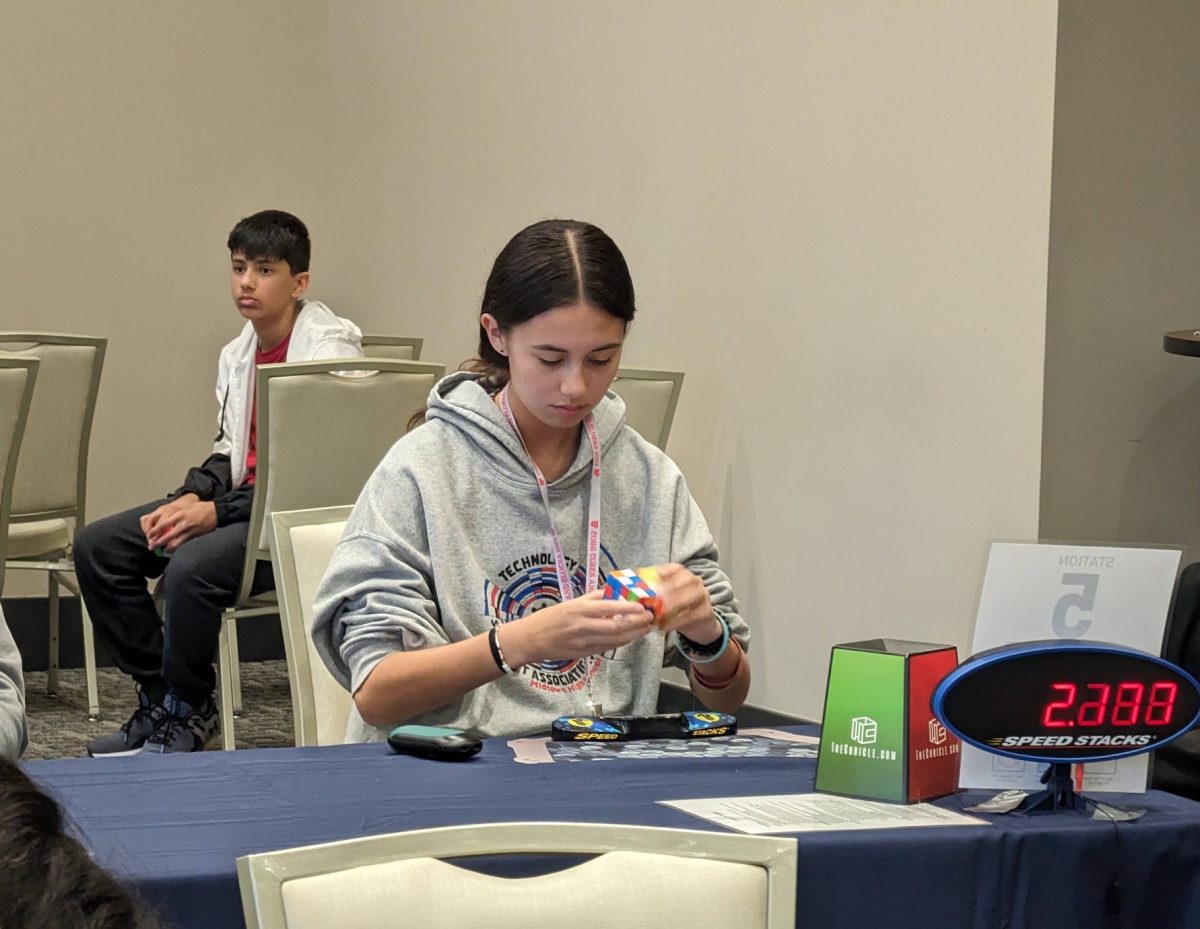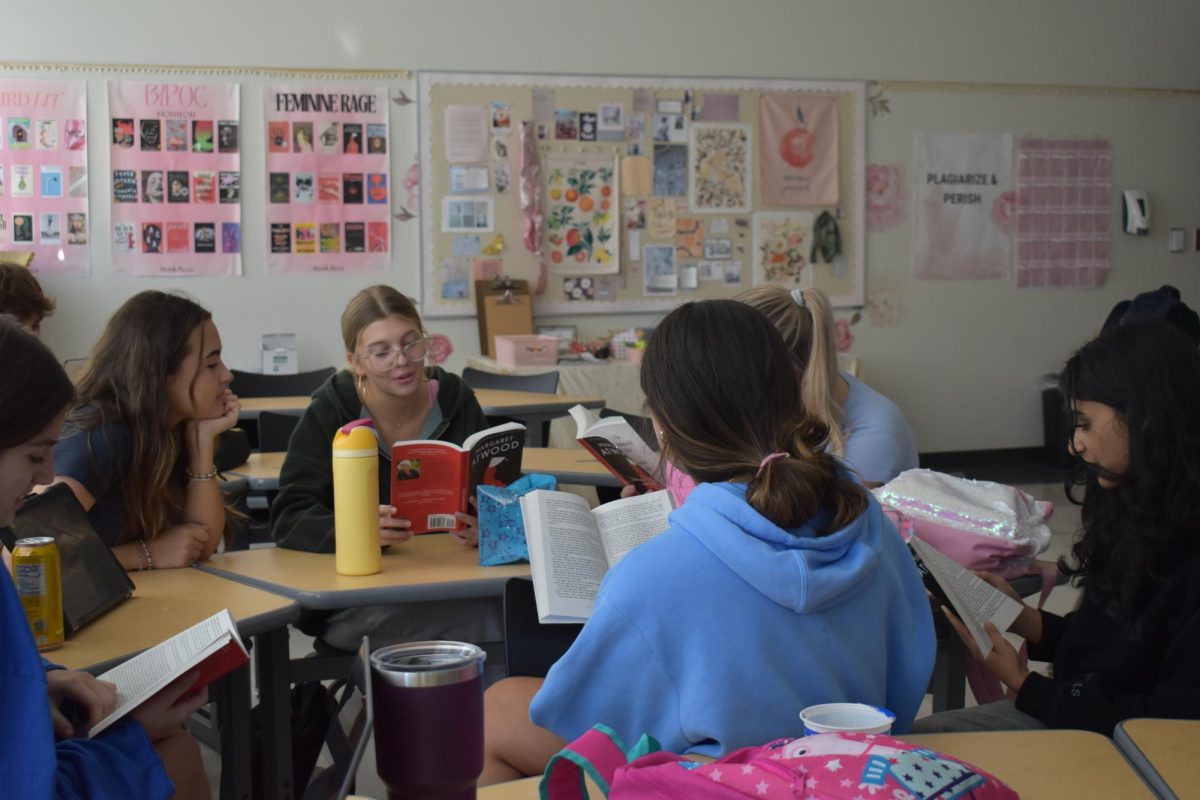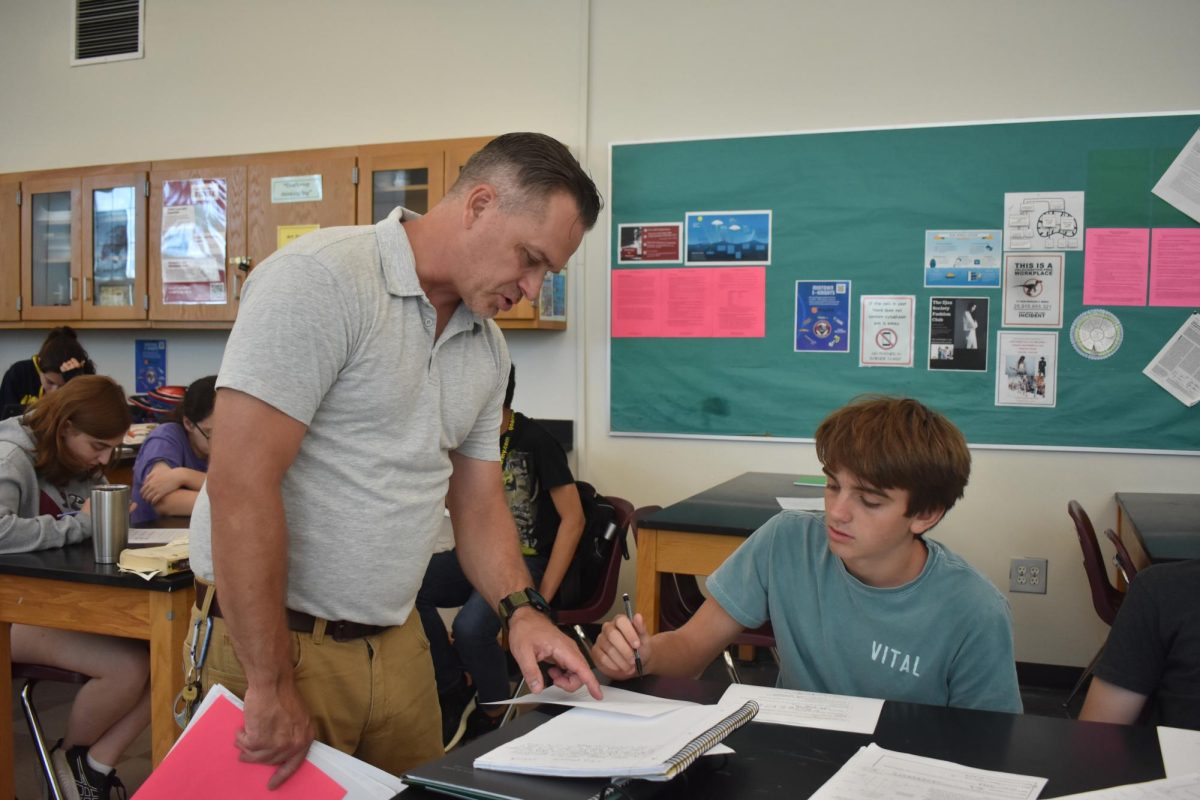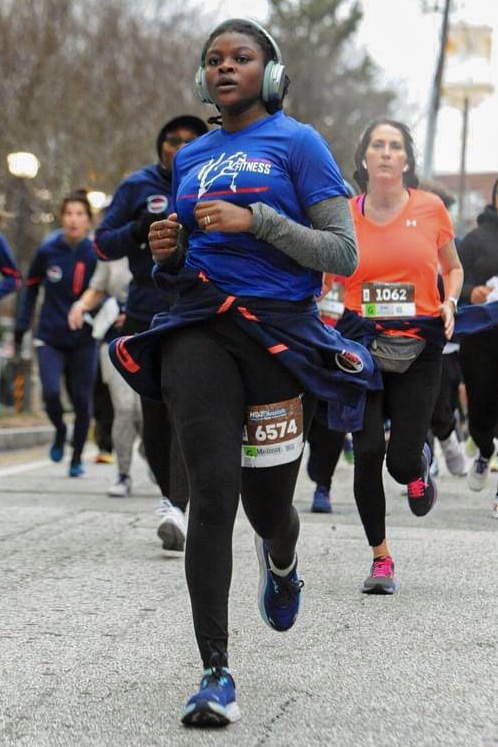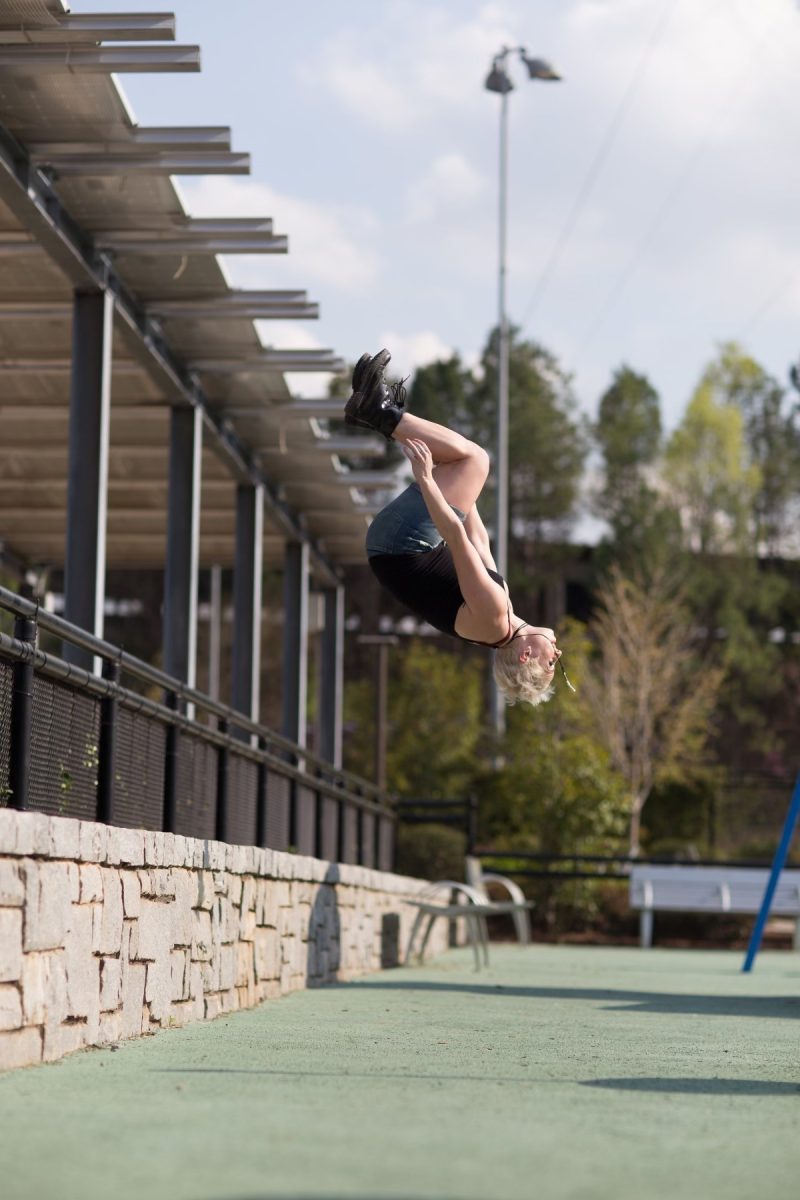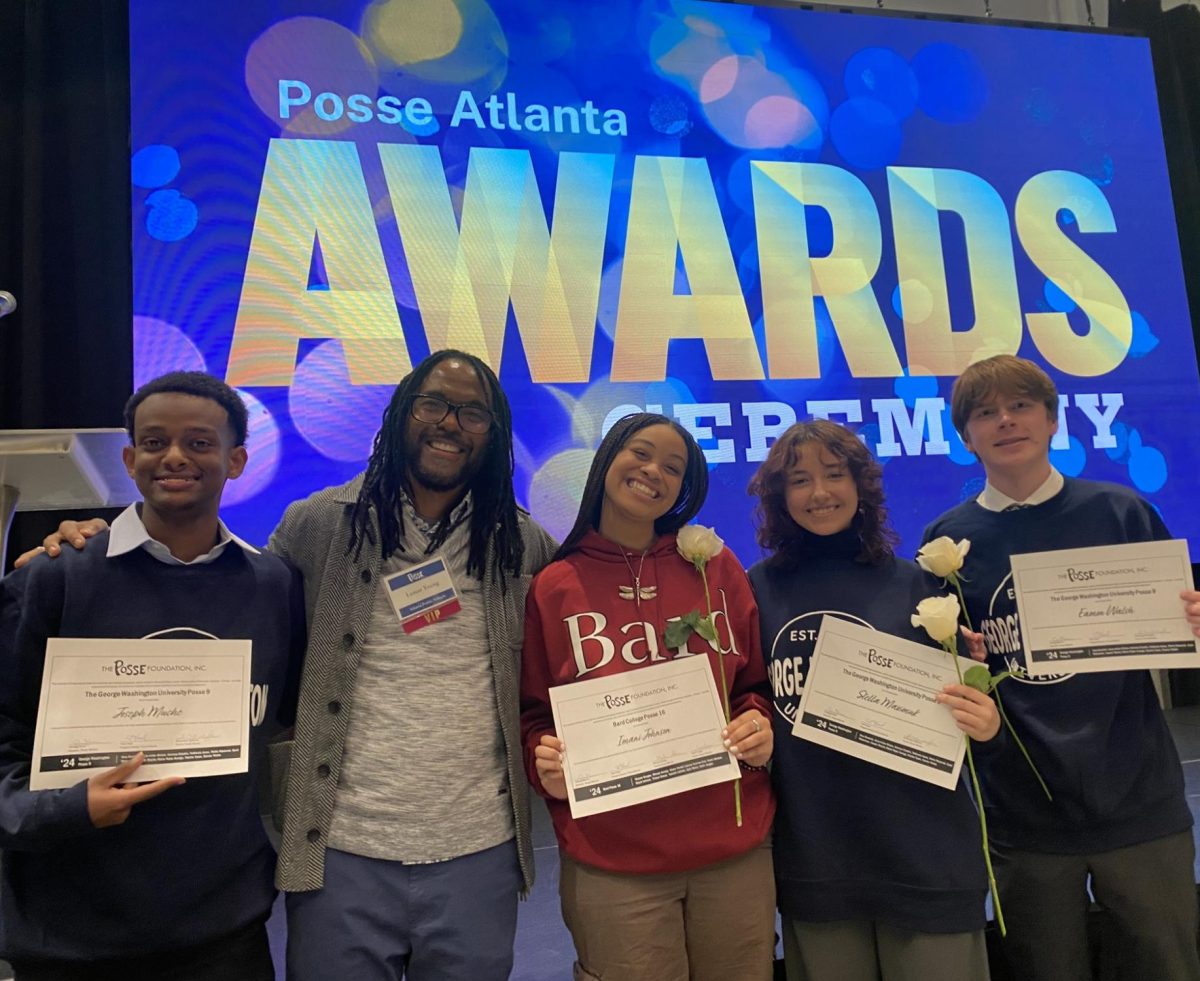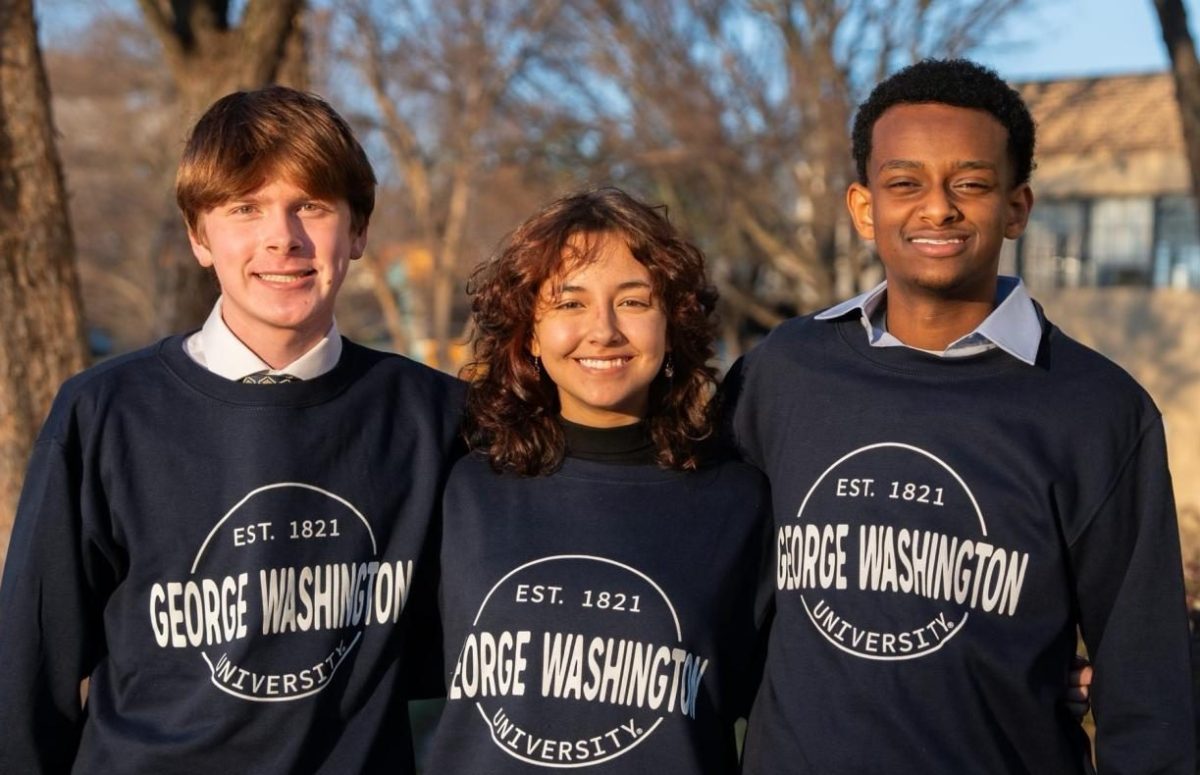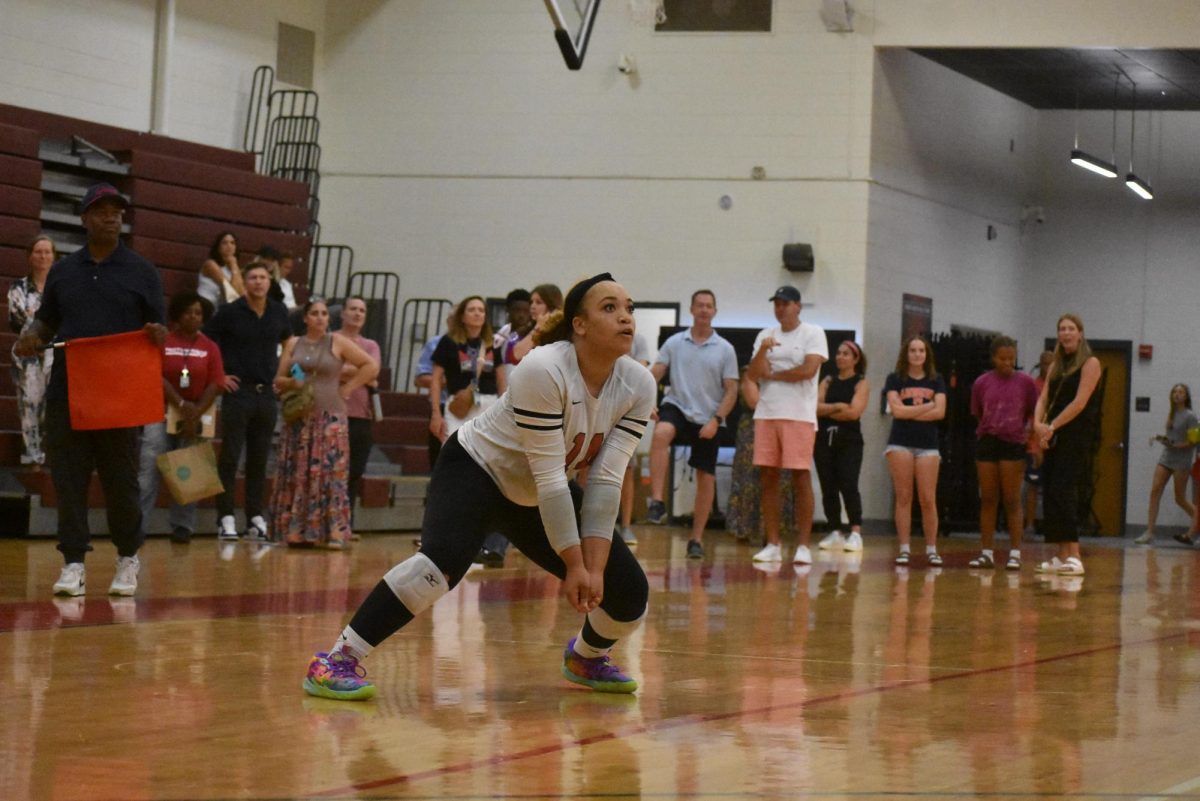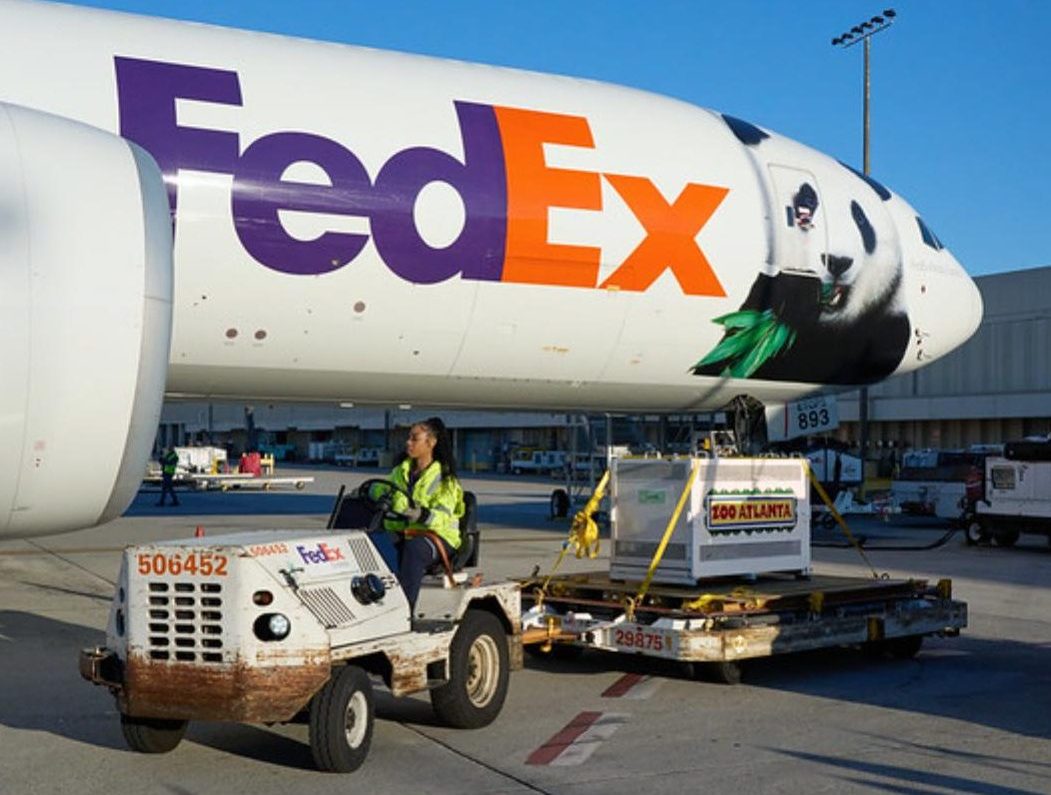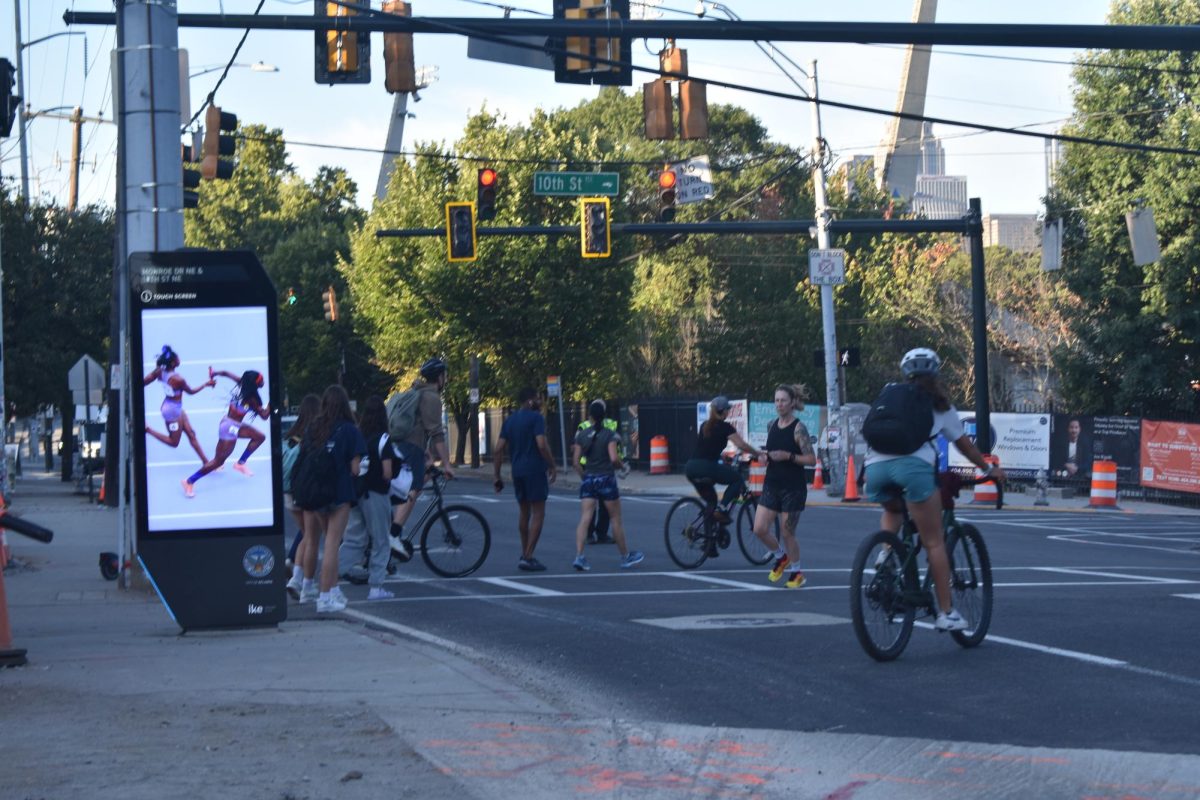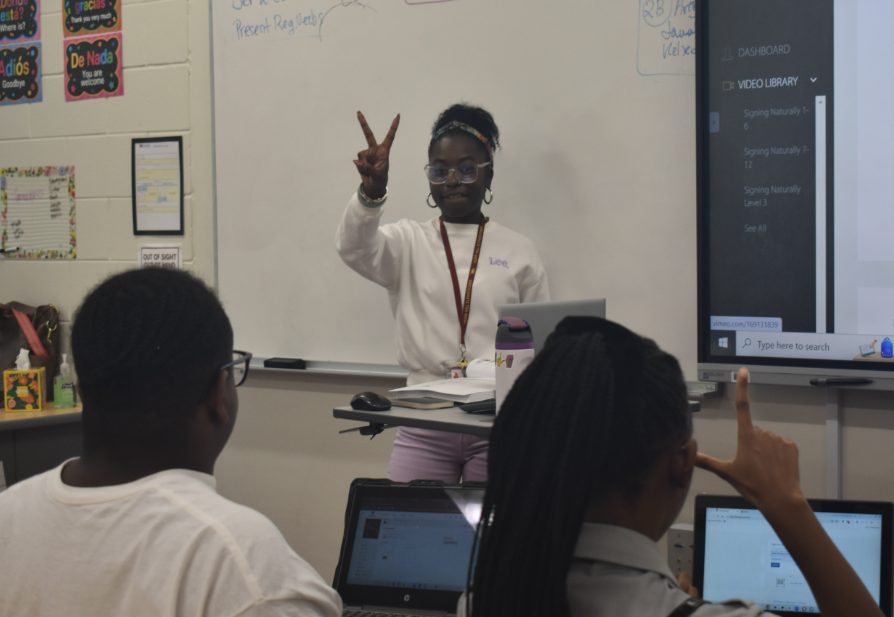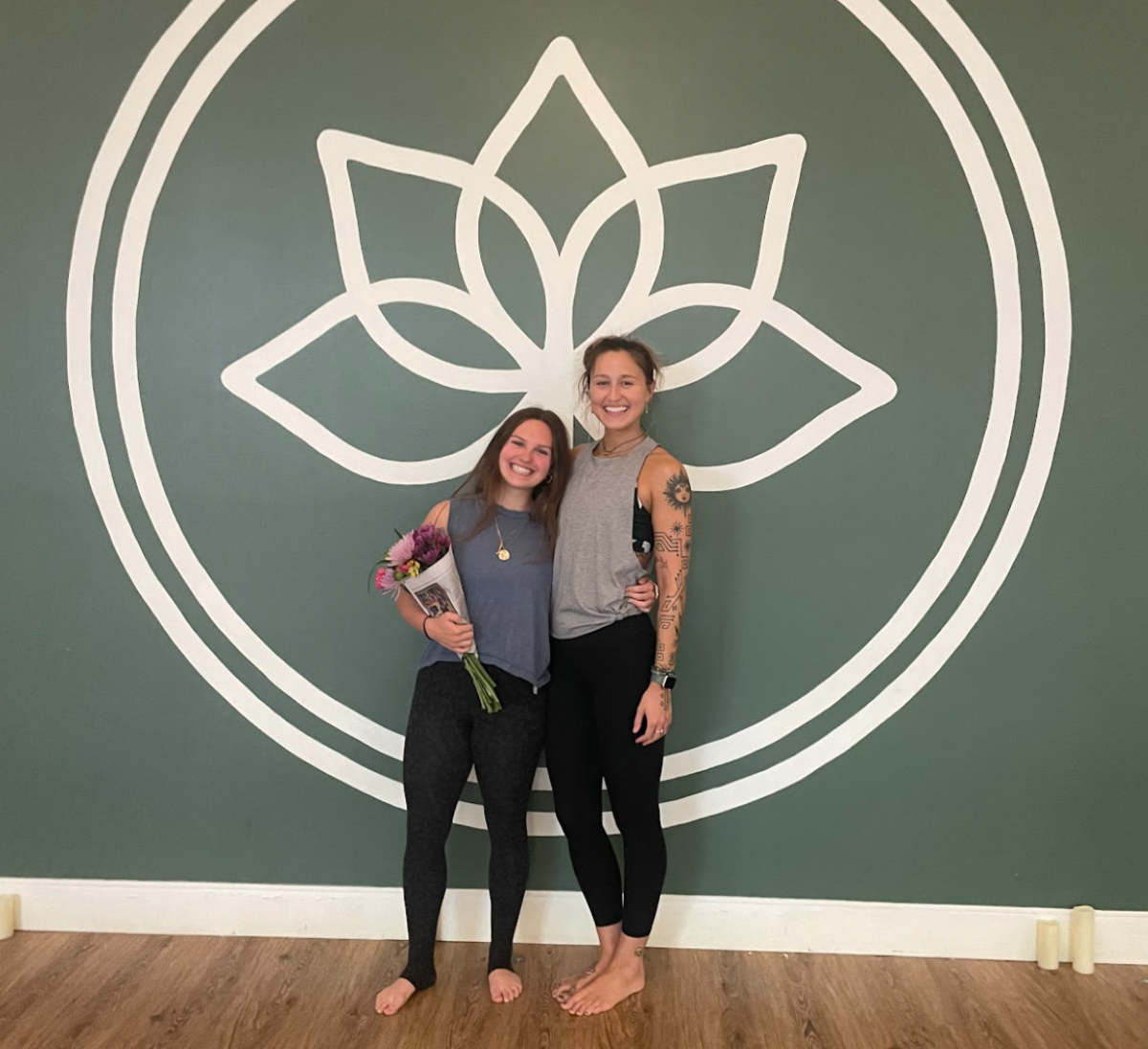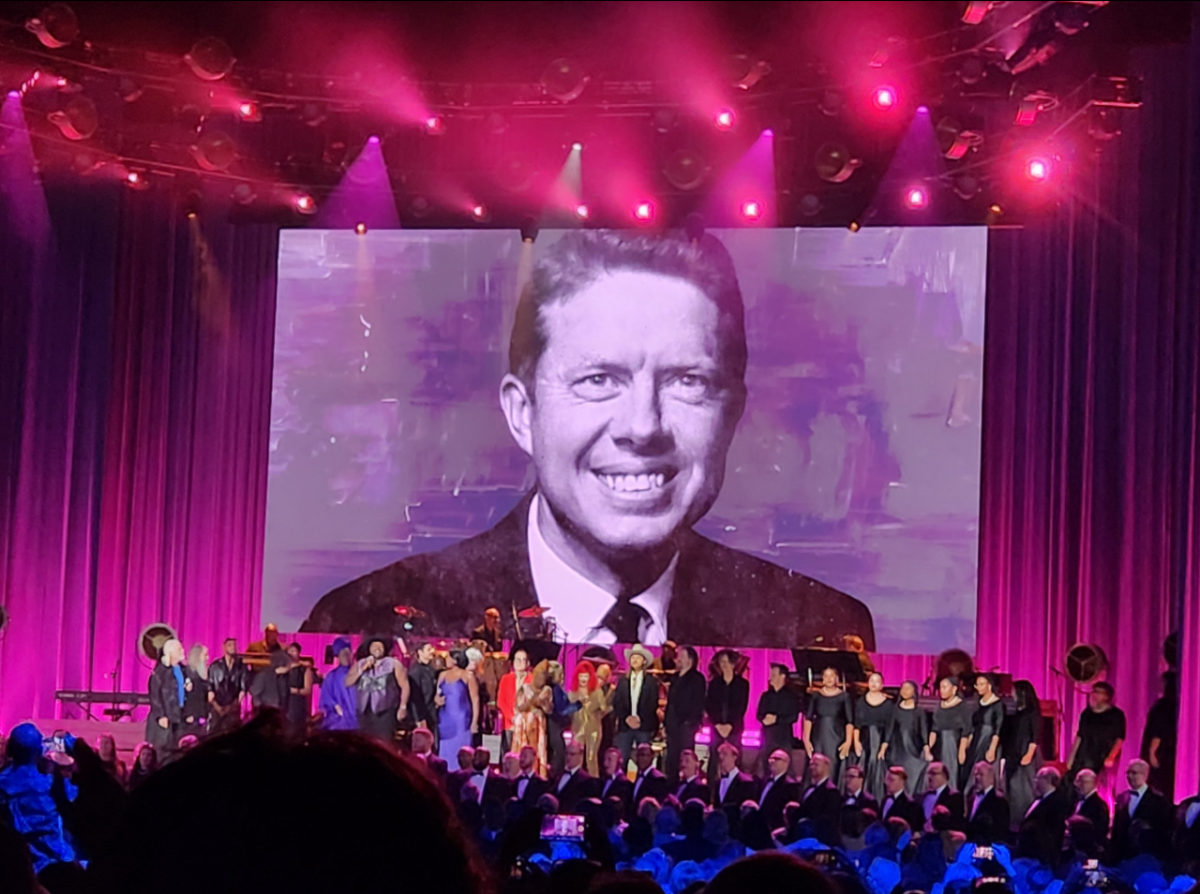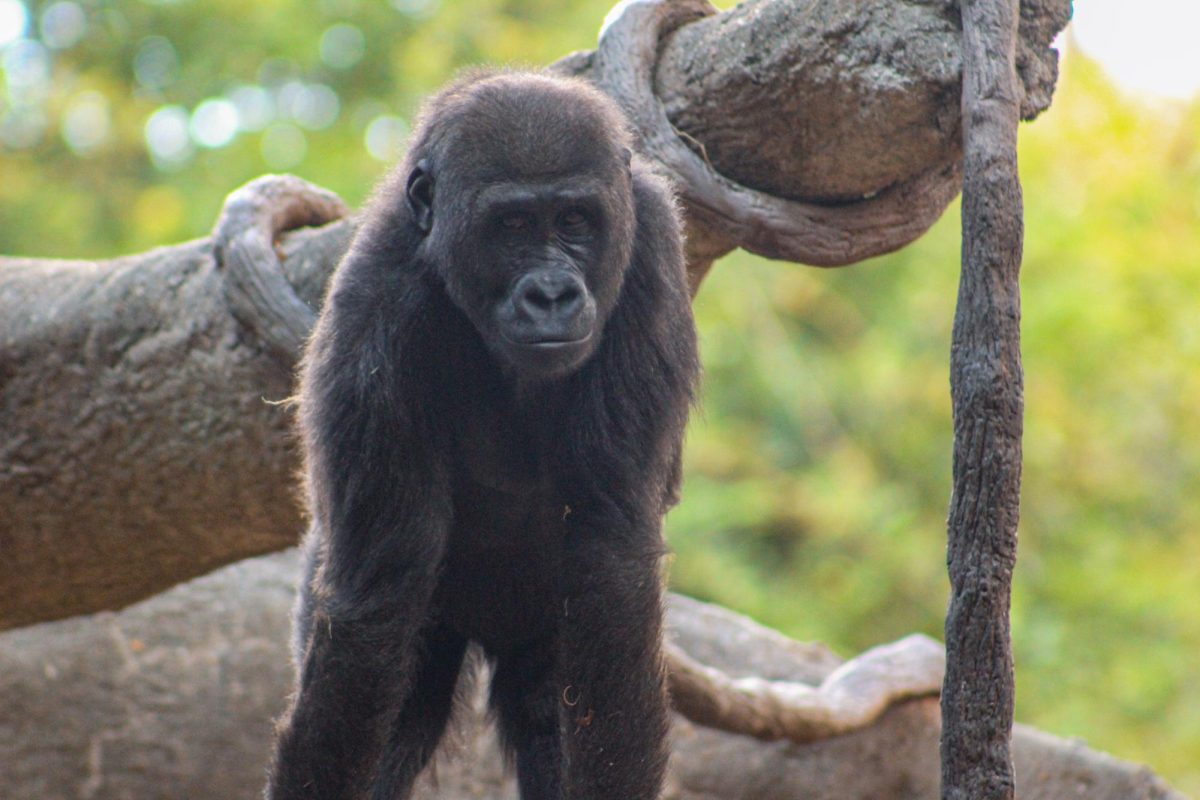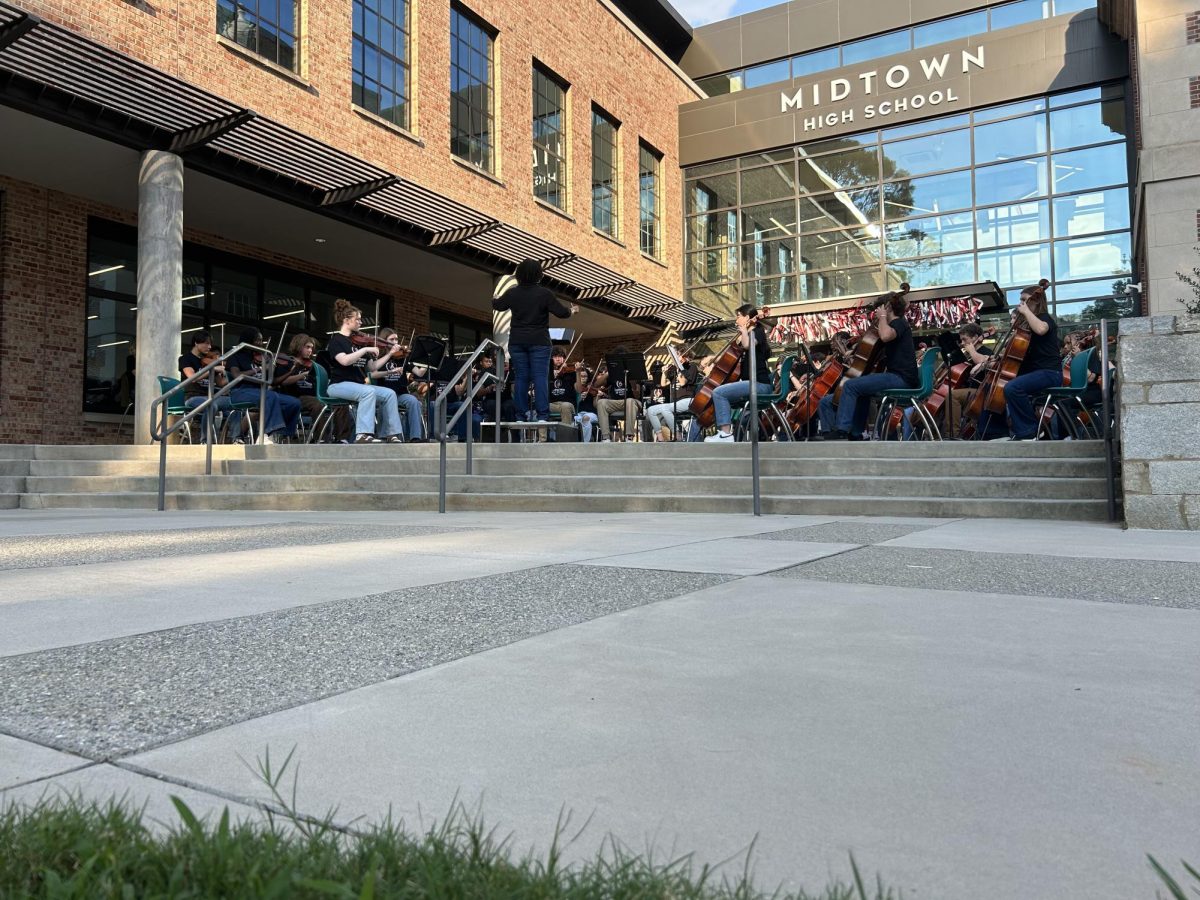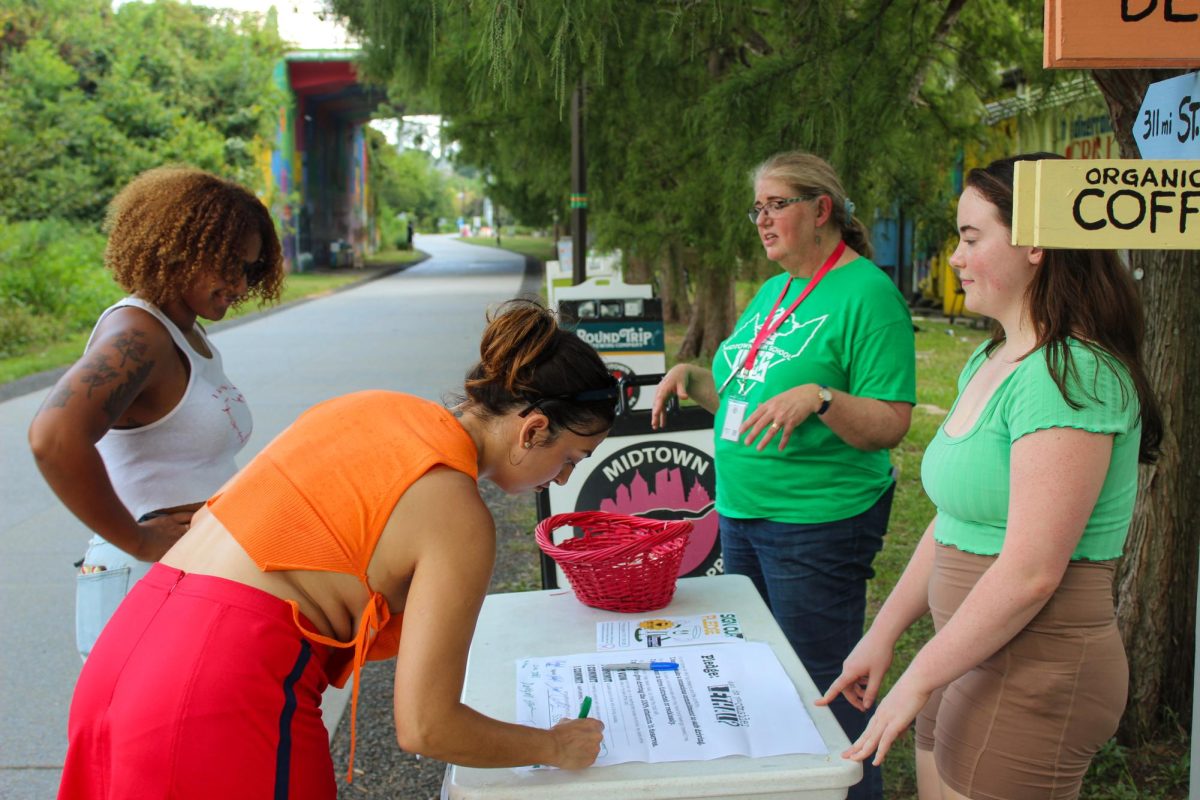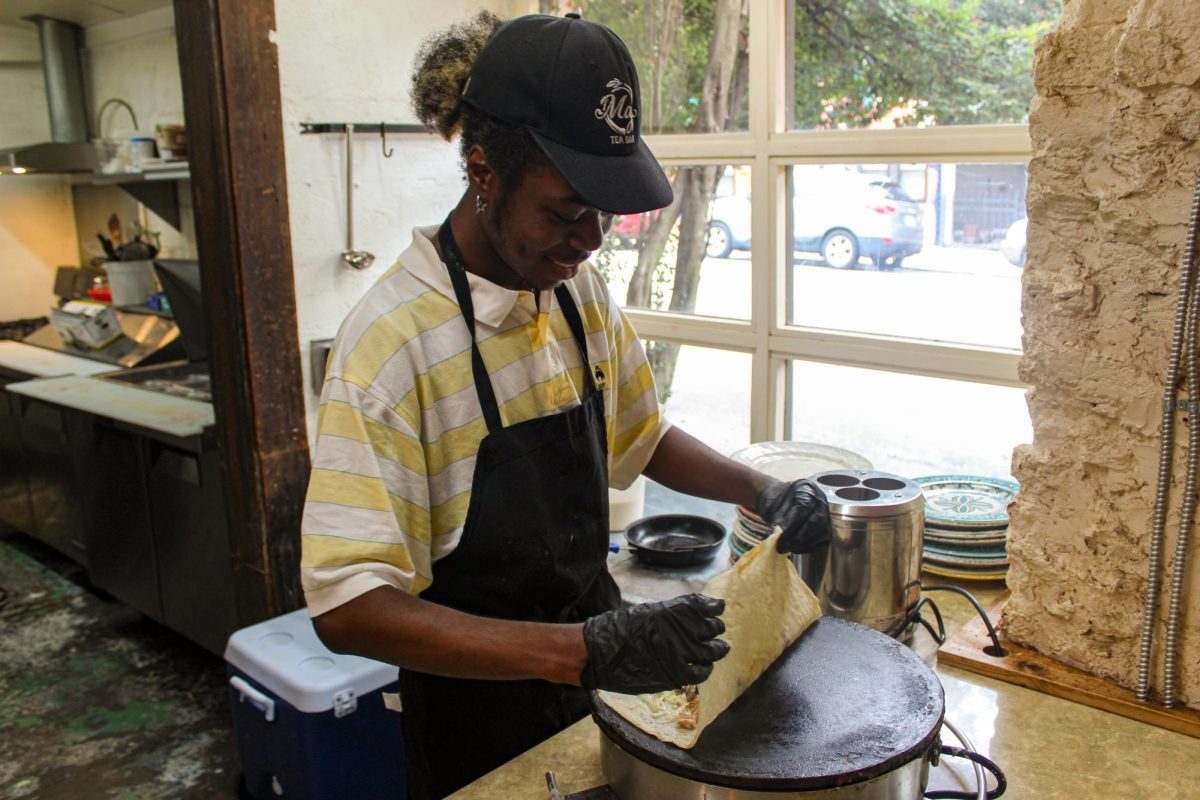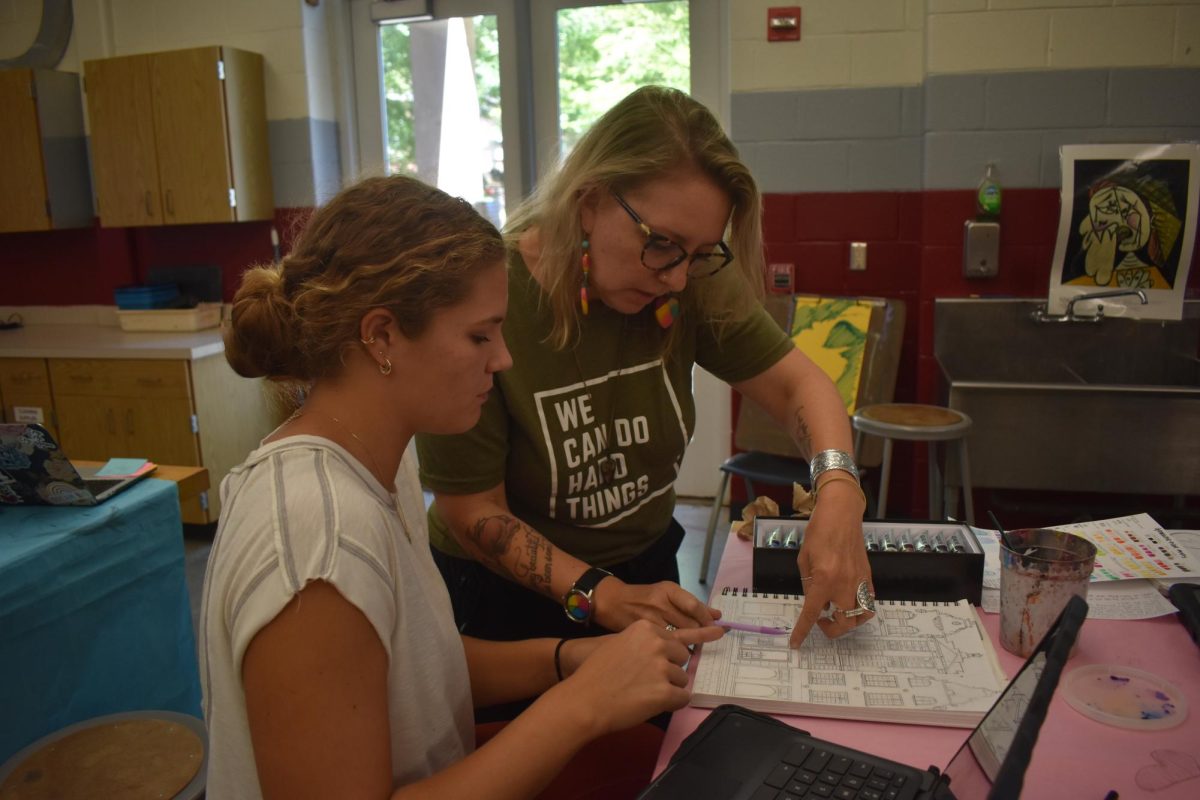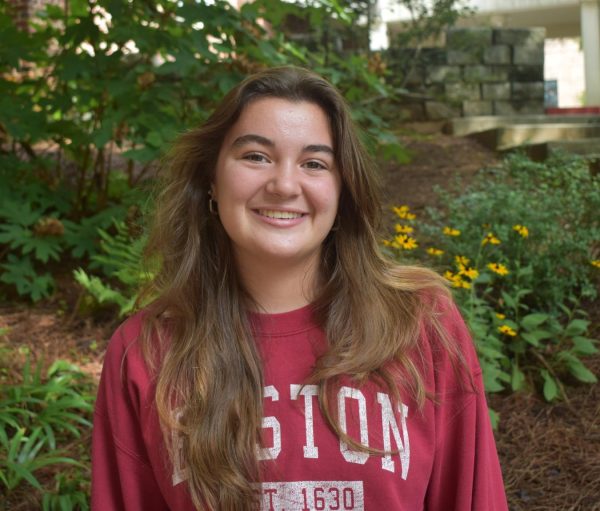Every twist and turn serves a purpose when solving the iconic puzzle, the Rubik’s Cube. For junior Tristan Thompson, the colorful cube provides a strategic outlet.
Thompson competes in Rubik’s Cube competitions across the Southeast. She first learned to solve a Rubik’s cube in eighth grade after watching videos of people solving Rubik’s Cubes.
“I saw a few videos on YouTube and saw people solve it really fast, and it intrigued me to just start learning on my own,” Thompson said. “Then I went online, and looked up a website to learn how to solve it; I eventually did. I was not very fast at first, but I’ve been doing it long enough to where I started to increase my speed over time.”
After learning to solve a Rubik’s Cube, Thompson noticed how fast other people were able to solve it, so she decided to practice to get faster.
“I started looking at videos online of how fast people were, and I was like, ‘Oh wait, I’m not too bad compared to these people,’” Thompson said. “They were averaging 30 seconds or something, and I was faster than that at the time. So that made me want to start going to competitions and just try to see how I would do.”
Thompson’s mother, Heidi Sevilla, observed Thompson’s dedication to solving a Rubik’s Cube.
“She was practicing every day, multiple times, like hundreds of solves a day,” Sevilla said. “Then once she did her first competition last year, she started really getting into it. So, balancing that just like doing schoolwork and then she does ultimate frisbee, tennis and the cubing, it’s a lot to handle.”
Once Thompson got faster and was able to solve a Rubik’s Cube in 10 to 12 seconds, she searched for a place to compete. She attended her first competition in 2022.
“I saw people going to these competitions, so I eventually looked it up, and I saw there was this whole organization, the World Cube Association,” Thompson said. “So, I just looked at any in my area. So, I found one in Georgia, signed up for it, and went.”
Sevilla said she was surprised with how fast Thompson could solve the puzzle.
“[I was] completely amazed,” Sevilla said. “She had been practicing for so long. I think she had interest in 2019, and then 2020 during Covid, all she would do is practice and time herself and then she started getting into competitions, and it’s an amazing skill. There are competitions for four by four, five by five, but three by three [sized cube] is the most common one. She tries to compete in almost all of them.”
Competitions are held in many different venues across the United States. Thompson enjoys being surrounded by many other cubers because they aren’t common.
“There are maybe a hundred competitors shoved in one room, like a gym or something like that,” Thompson said. “And then you have all their parents on top of it. It’s usually very loud, but for the most part very organized. It’s a great way to meet a lot of new people with the same hobby as you since there are not that many people that do the hobby.”
Sevilla has attended a few of the competitions, finding them to be an exciting environment for Thompson.
“I was shocked and floored, and thought it was great, but there just aren’t many cubers in the world,” Sevilla said. “So, it was hard to try to find people for her to practice with and cube with.”
For Thompson, the feeling of solving a Rubik’s Cube is satisfying. Competing against herself is what invigorates her to keep competing.
“I like the feeling of just it [Rubik’s Cube] being solved,” Thompson said. “Especially if I get a good time because I average 12 to 13 seconds. And just trying to beat your personal best is always the goal. So, I’ll practice for hours and hours just trying to beat this time and there is something fulfilling about it.”
While the competitions are fun, Thompson said that pressures intensify during competitions.
“The mental game [of competing] because you have all these people just shoved into rooms, so you always feel like everyone’s looking at you,” Thompson said. “So, typically, it might cause you to lock up or just be a little stressed about it, and you’ll mess up yourself. That’s something I had to get over. My first two [competitions], I was so nervous that I was losing my mind because I felt like everyone was watching. But eventually after like my fifth one, I eventually got over it, and I’m doing much better.”
Thompson said the competitions have allowed her to make new friends from all over the Southeast.
“I love getting to meet new people because there’s not too many competitions that happen all the time, but when you are there, you’ll meet people from all kinds of places,” Thompson said. “I have a few friends from all kinds of different southeast states, and it’s just a great way to meet a lot of new people.”
Luke Chapman, a friend Thompson met at a competition in May, lives in South Carolina and stays in touch with Thompson through iMessage and social media.
“She is the only cuber I talk to,” Chapman said. “And when we compete, she’s usually slightly faster than me.”
The joy that solving a Rubik’s cube brings Thompson does not go unnoticed. Sevilla said the puzzle has given Thompson a fulfillment and work ethic she can see.
“I love seeing how happy she is and how accomplished and how proud she is of herself after she does a good solve or does a good job,” Sevilla said. “Though it’s not always like that — the same thing with sports, when she loses a match, she’s still a really good loser, which is important in any kind of sports or anything that you’re competing in.”

